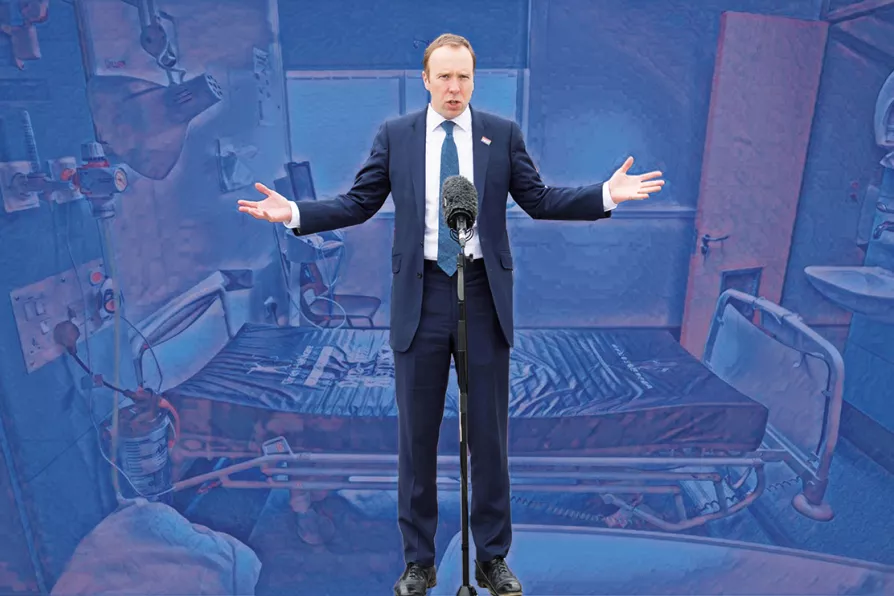RICHARD BURGON MP speaks to Ben Chacko about the Labour right’s complicity in the Mandelson scandal and the need for a total break with Starmerism if the party is to defeat Reform


IN 2020 the NHS signed a £2 billion deal with the big private hospital chains to get extra help during the Covid pandemic. Matt Hancock described the deal as “great news” for the NHS and the “hospitals and staff doing everything they can to combat coronavirus.”
But it turned out to be mostly great news for private health businesses, who were paid for all their beds but only used about half for the NHS. They had all their costs met by the public sector but carried on doing paid-for private operations with the other half of their now completely subsidised capacity. This is one of the biggest private-sector Covid rip-offs.
In March 2020 the NHS signed a deal negotiated with the Independent Healthcare Providers Network, paying around £2bn for the entire capacity of England’s 200 private hospitals to help with the Covid pandemic.

SOLOMON HUGHES details how the firm has quickly moved on to buttering-up Labour MPs after the fall of the Tories so it can continue to ‘win both ways’ collecting public and private cash by undermining the NHS

When privatisation is already so deeply embedded in the NHS, we can’t just blindly argue for ‘more funding’ to solve its problems, explain ESTHER GILES, NICO CSERGO, BRIAN GIBBONS and RATHI GUHADASAN













